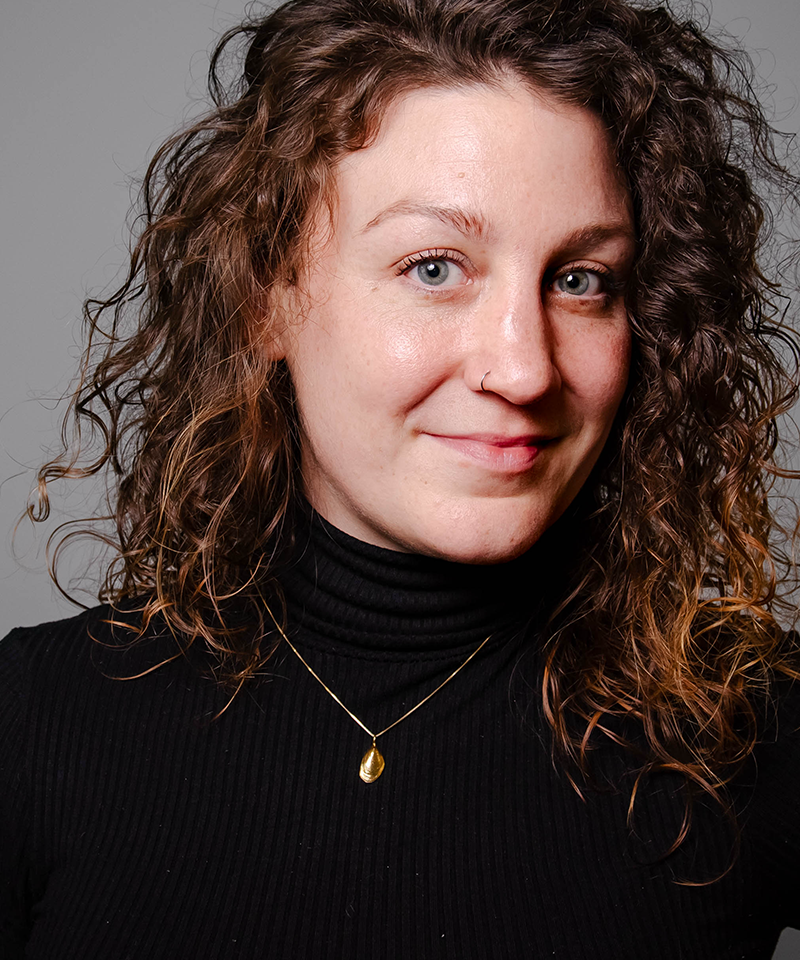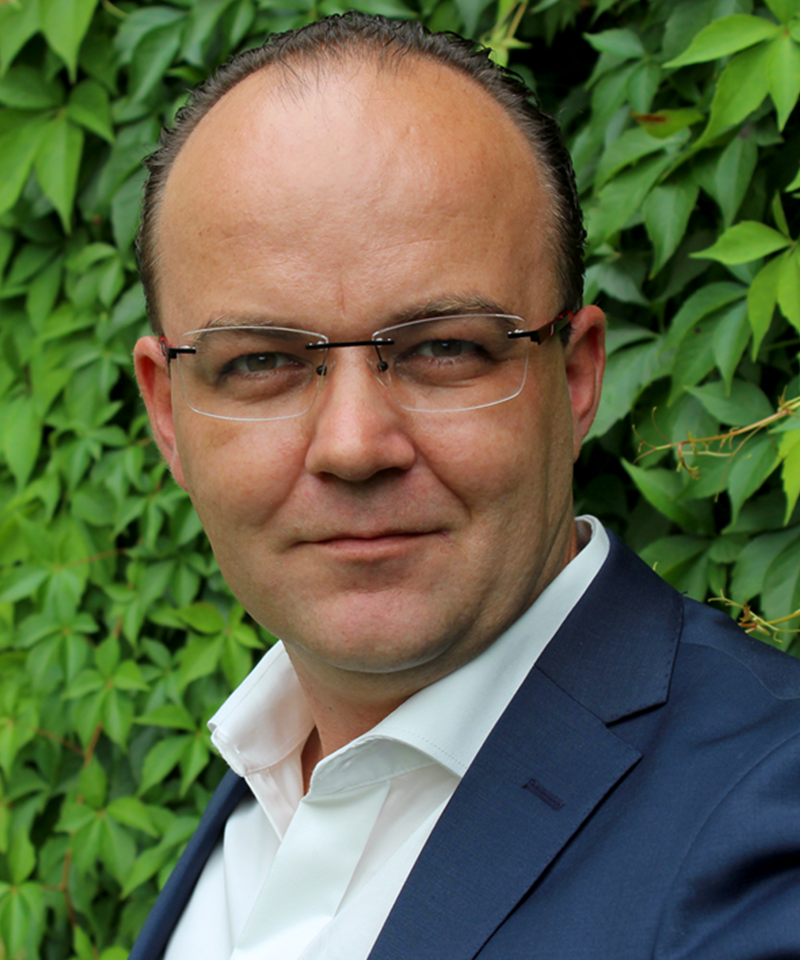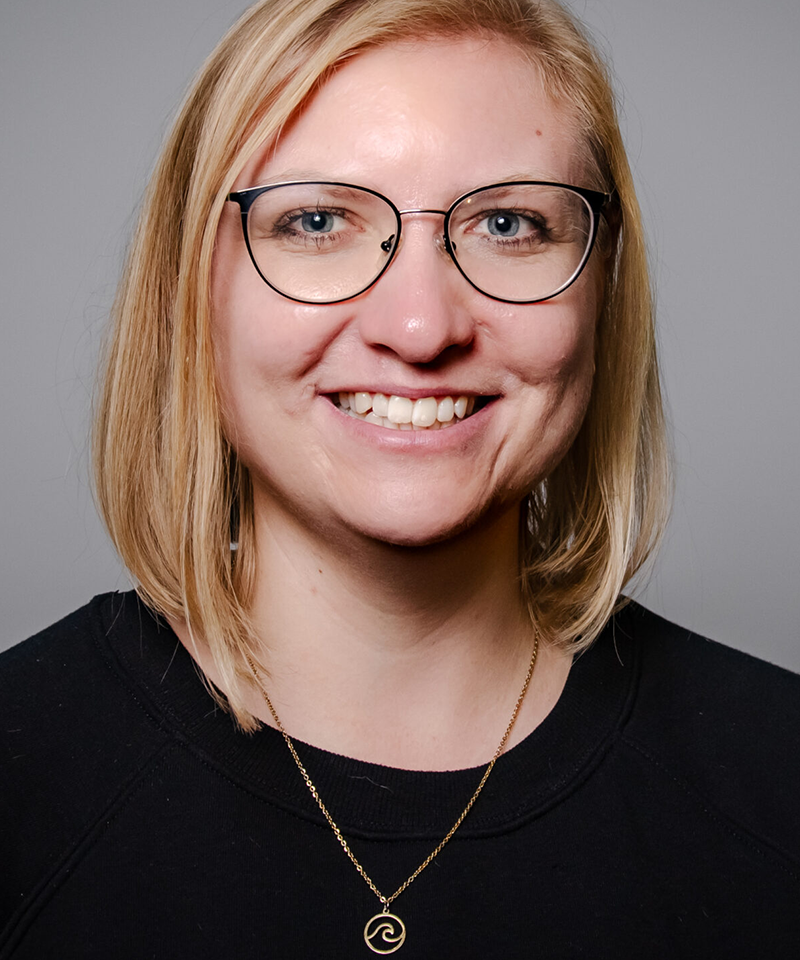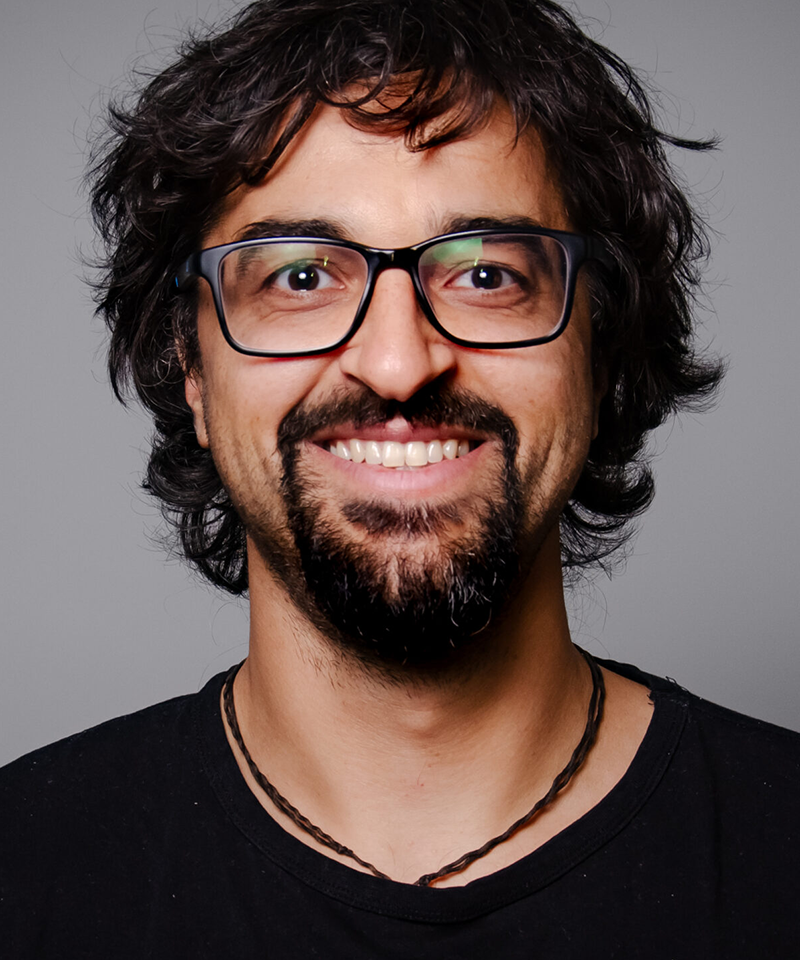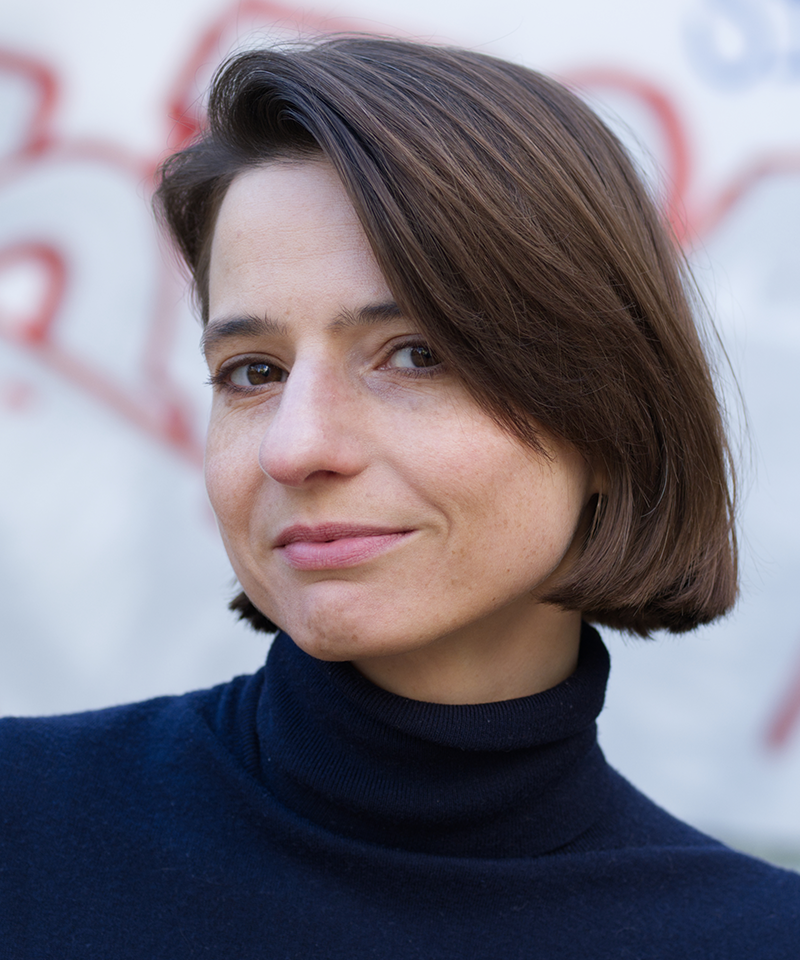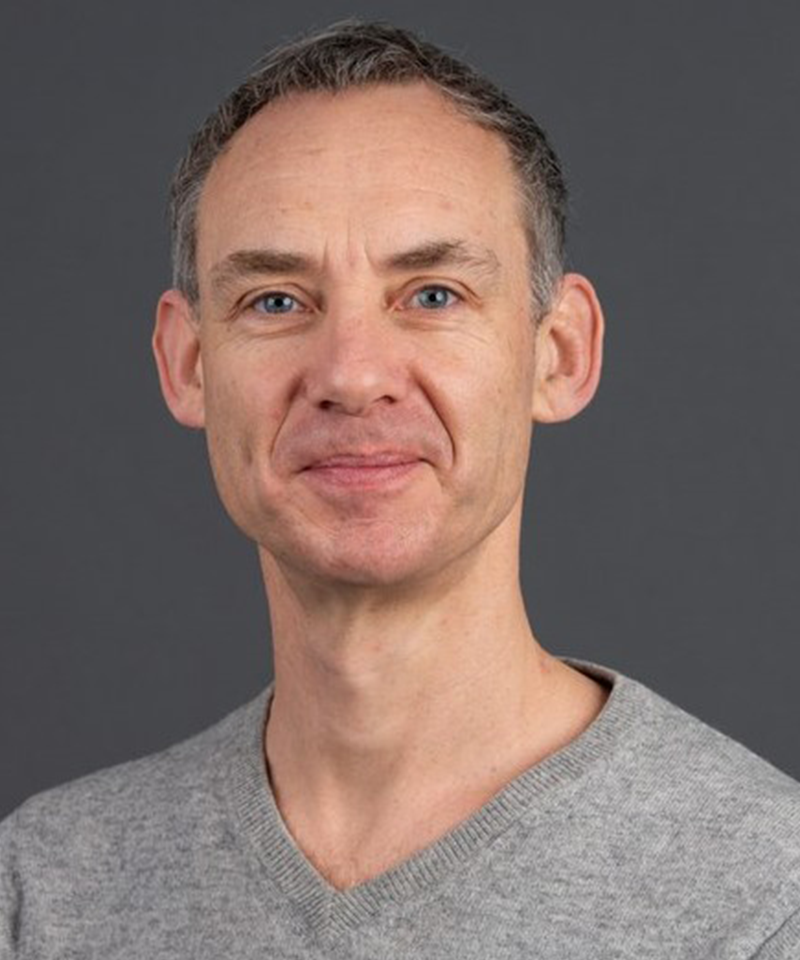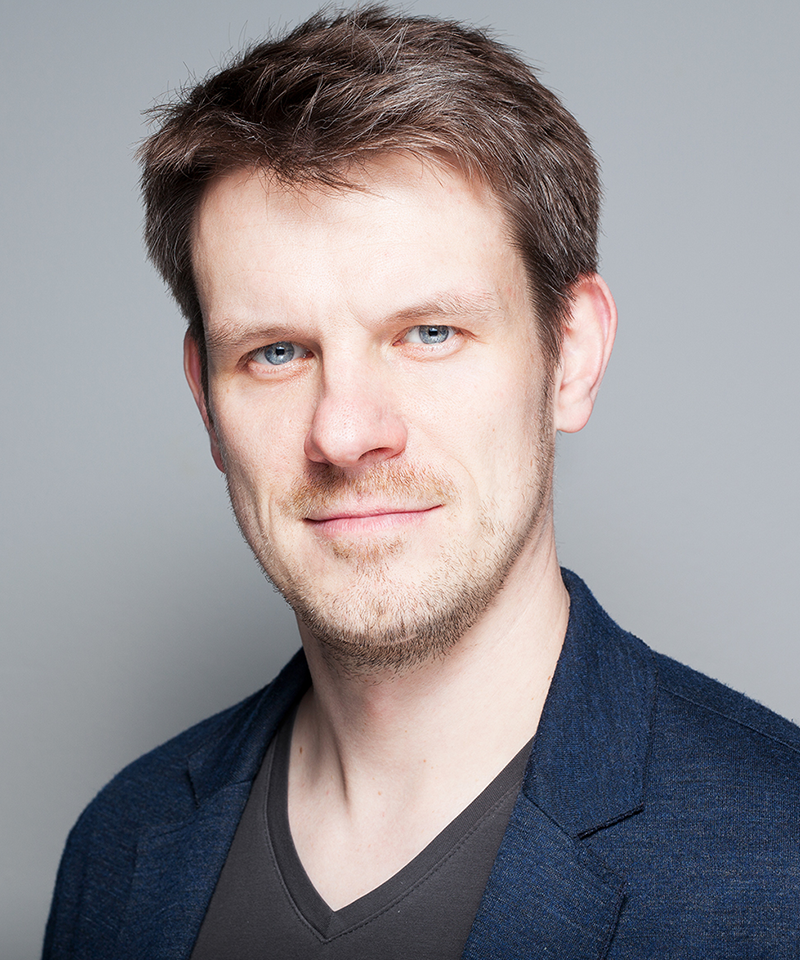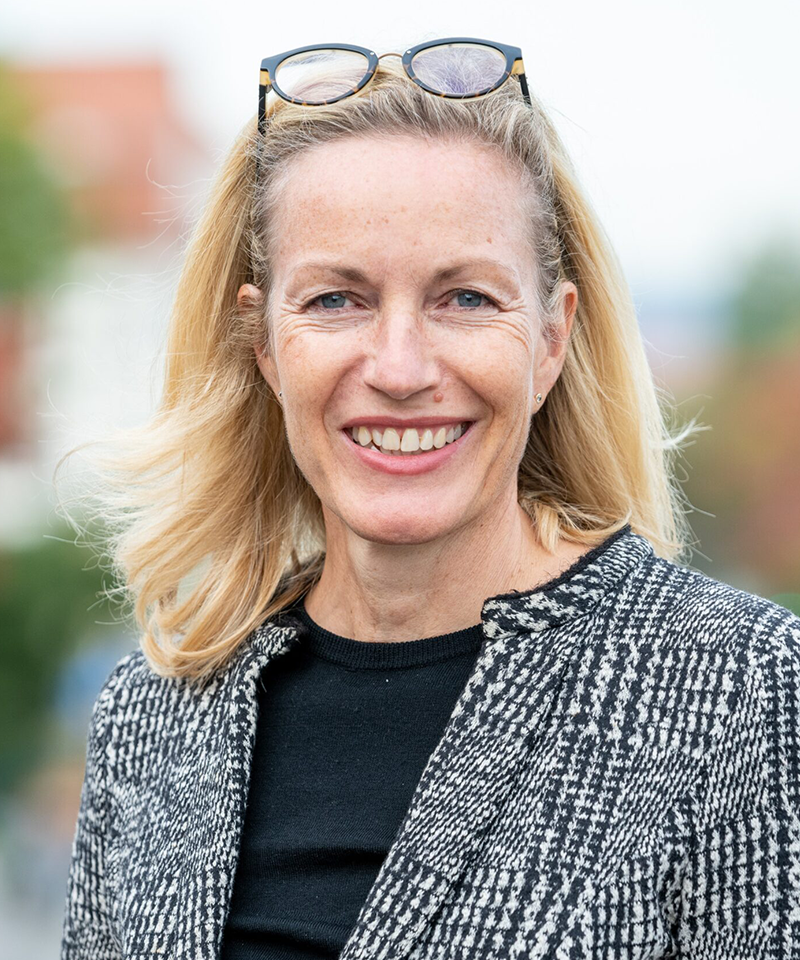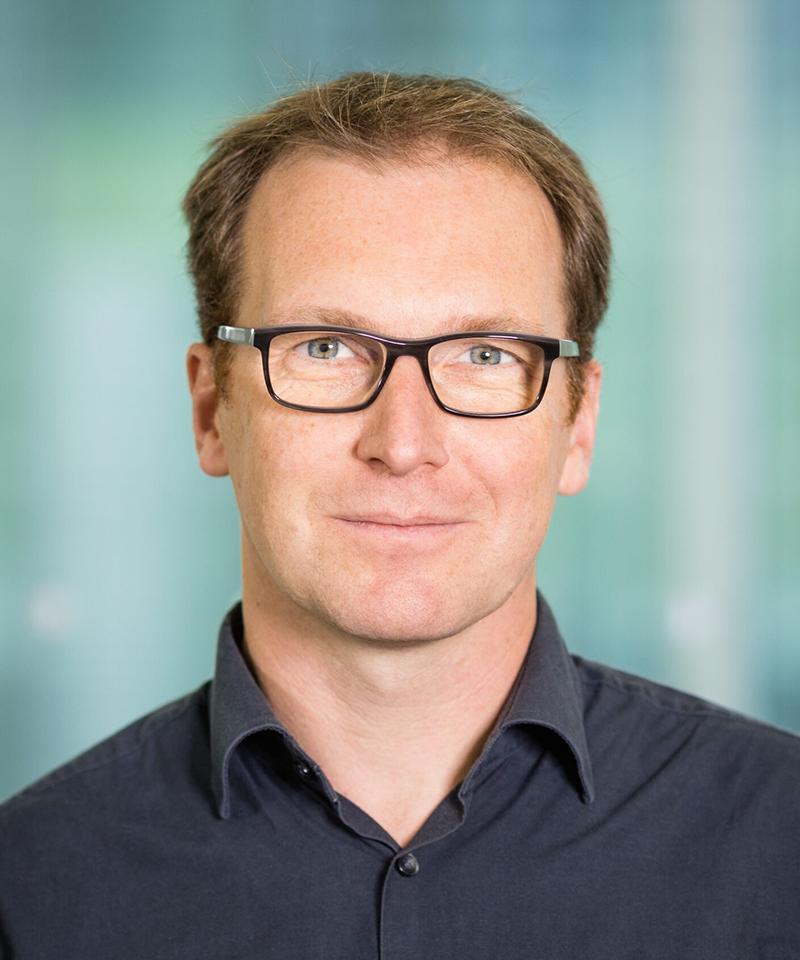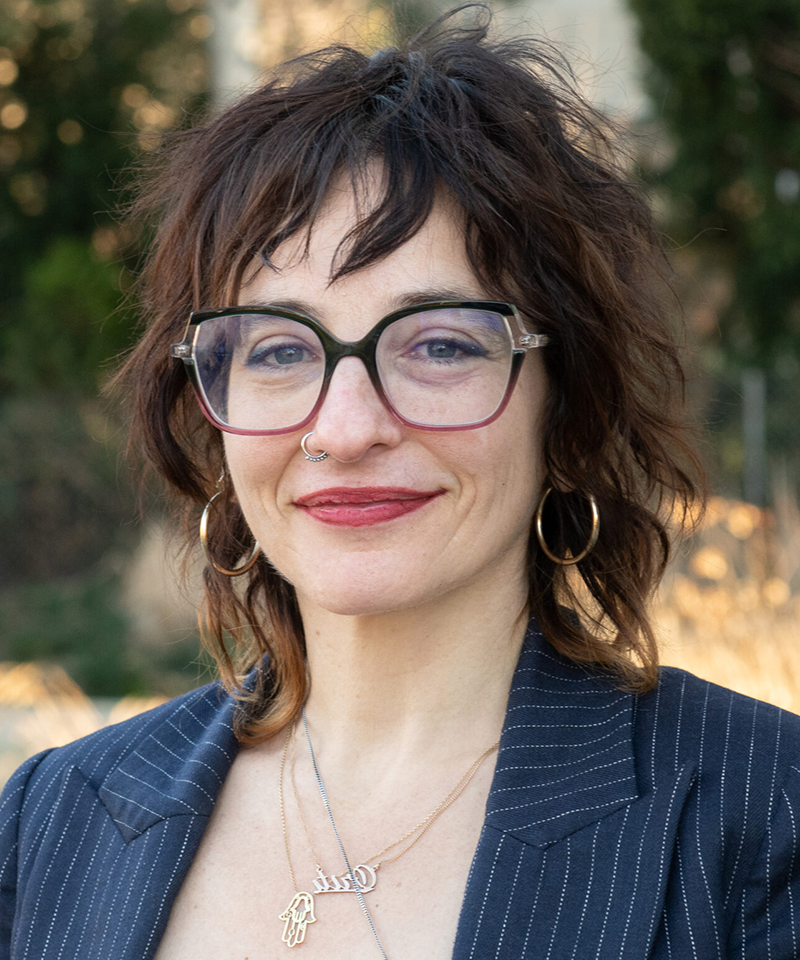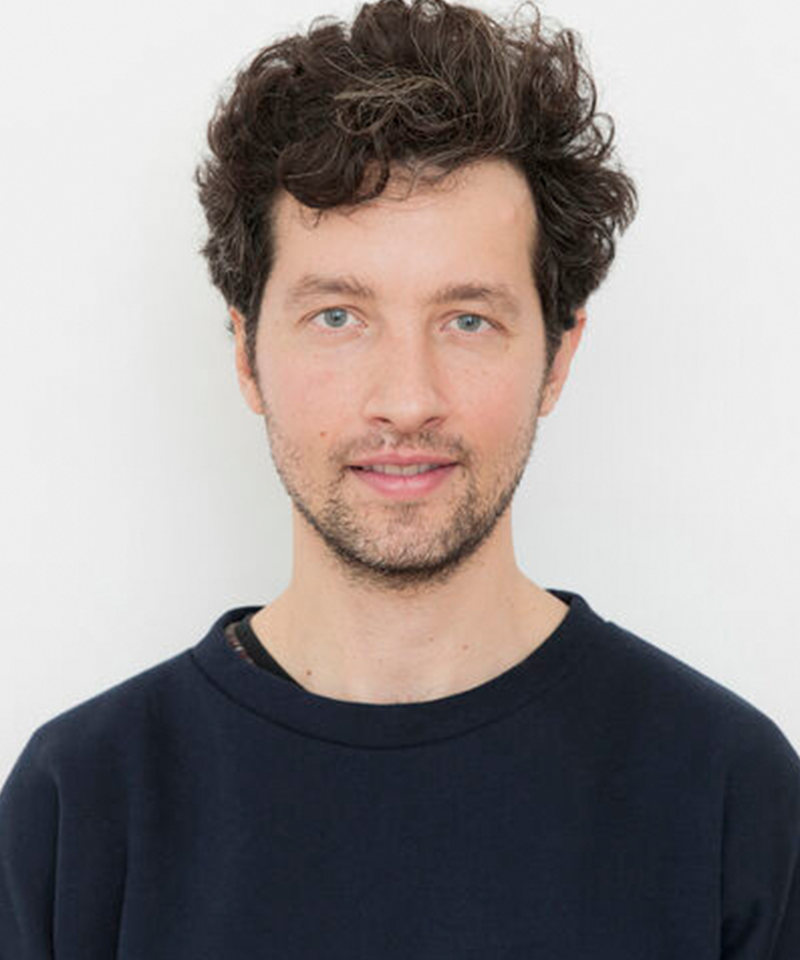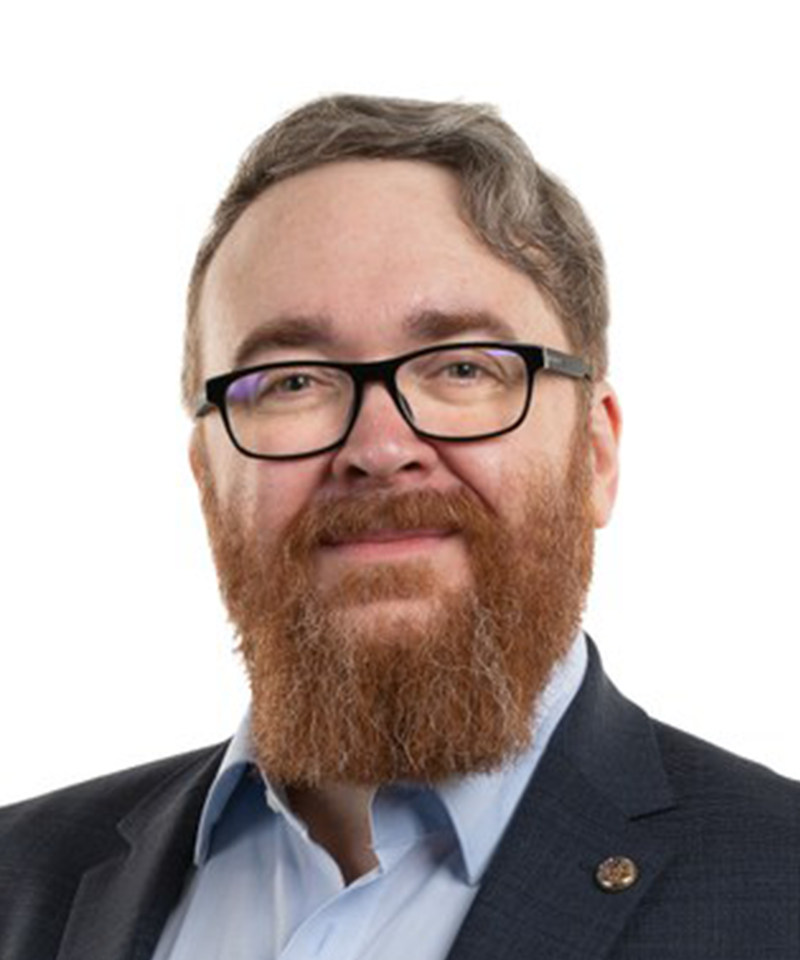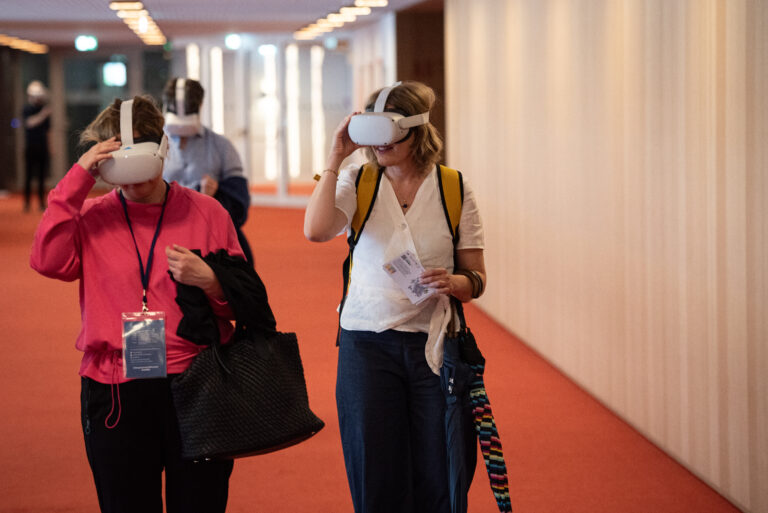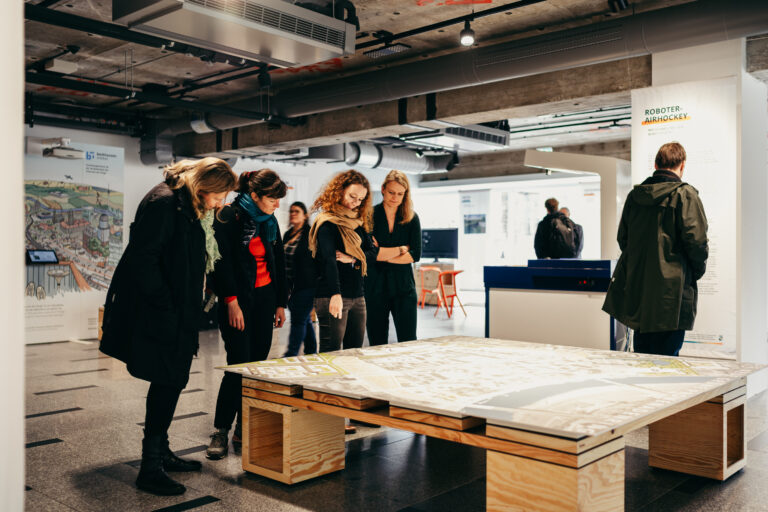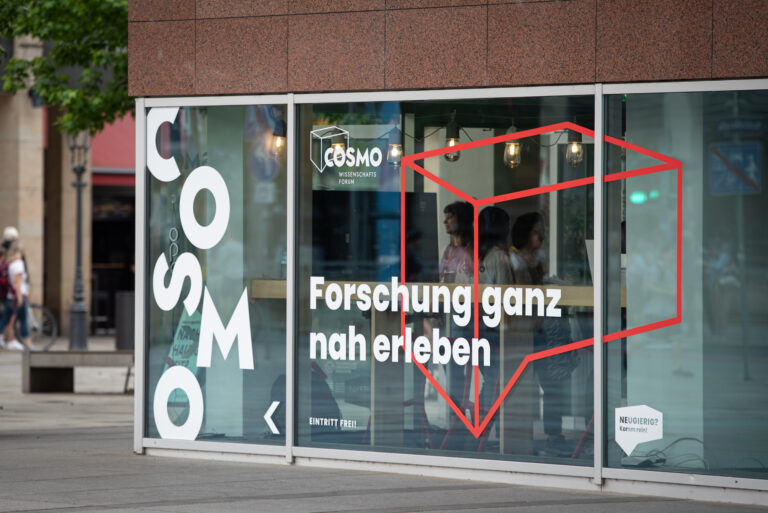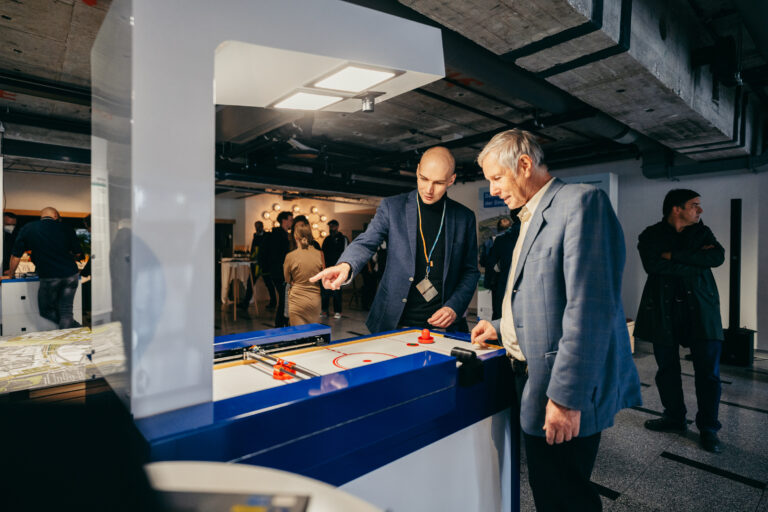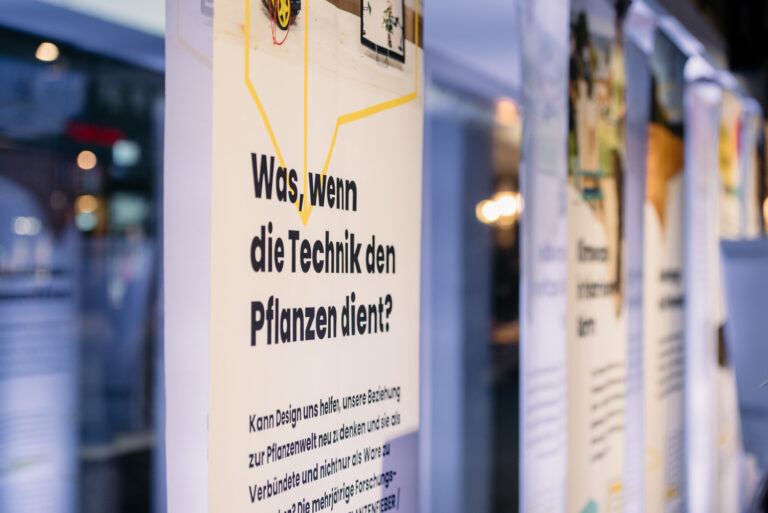Department Speculative
Transformation
Experience
Transformation
Imagination
Transformation
Impact
.
The Department Speculative Transformation explores future technology, infrastructure, and societal possibilities for a positive future.
News
Video Gallery
What We Do
The Department Speculative Transformation serves as a cutting-edge research hub dedicated to exploring the possibilities of technology, infrastructure, and society in the future. It stands out in Germany for its distinctive approach, combining expertise from various fields such as engineering, mathematics, natural sciences, humanities, social sciences, construction, environmental sciences, and medicine.
Projects
Publikation
From envisioning your brand’s identity to crafting compelling logos and ➤ Packaging, our comprehensive services encompass ➤ Art Direction, ➤ Brand Guidelines, ➤ Logo & Trademark and ➤ Branding Identity solutions.
Brand strategy is the blueprint for how a company presents itself to the world. A well-crafted strategy lays the ➤ Foundation for consistent brand experiences that resonate with target audiences.
From cultivating engaging ➤ Social Media presence to precise direct and ➤ Product Marketing, we reach your ➤ Target Audience with compelling ➤ Content Creation strategies.
Development is the art of crafting dynamic, interactive, and user-friendly ➤ Websites and ➤ Apps. It’s about crafting seamless digital experiences that captivate audiences across various platforms.
Opinions & Reviews
These quotes are a testament of our commitment to excellence and our aspiration to create positive futures together. Read on to see how we understand our mission and want to make a lasting impact.
Passionate People
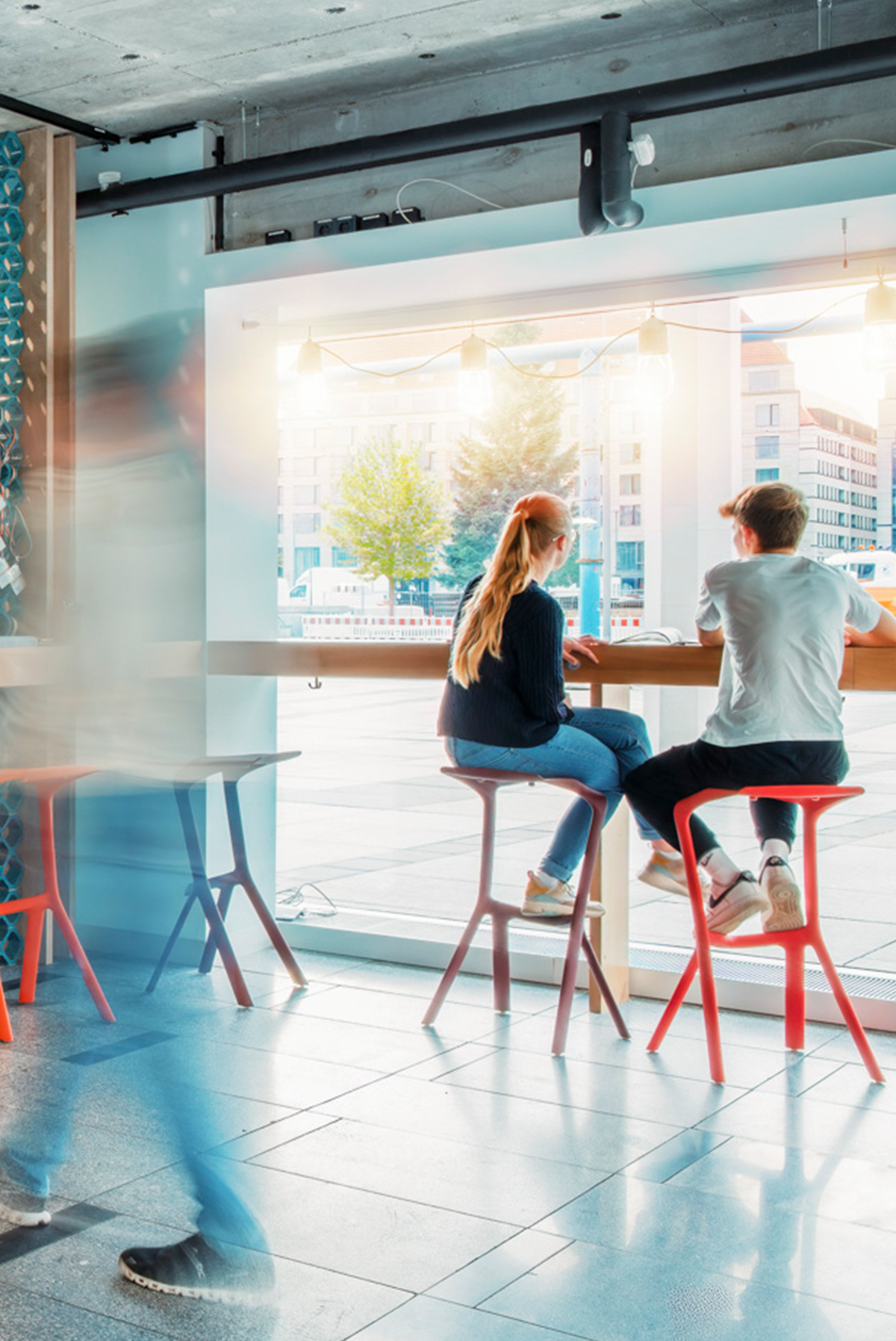
The Creative Minds Behind DST
Welcome to the Department Speculative Transformation, where we envision a future where technology and infrastructure prioritize justice, diversity, sustainability, and equitability. Join us in crafting innovative solutions for a positive tomorrow.
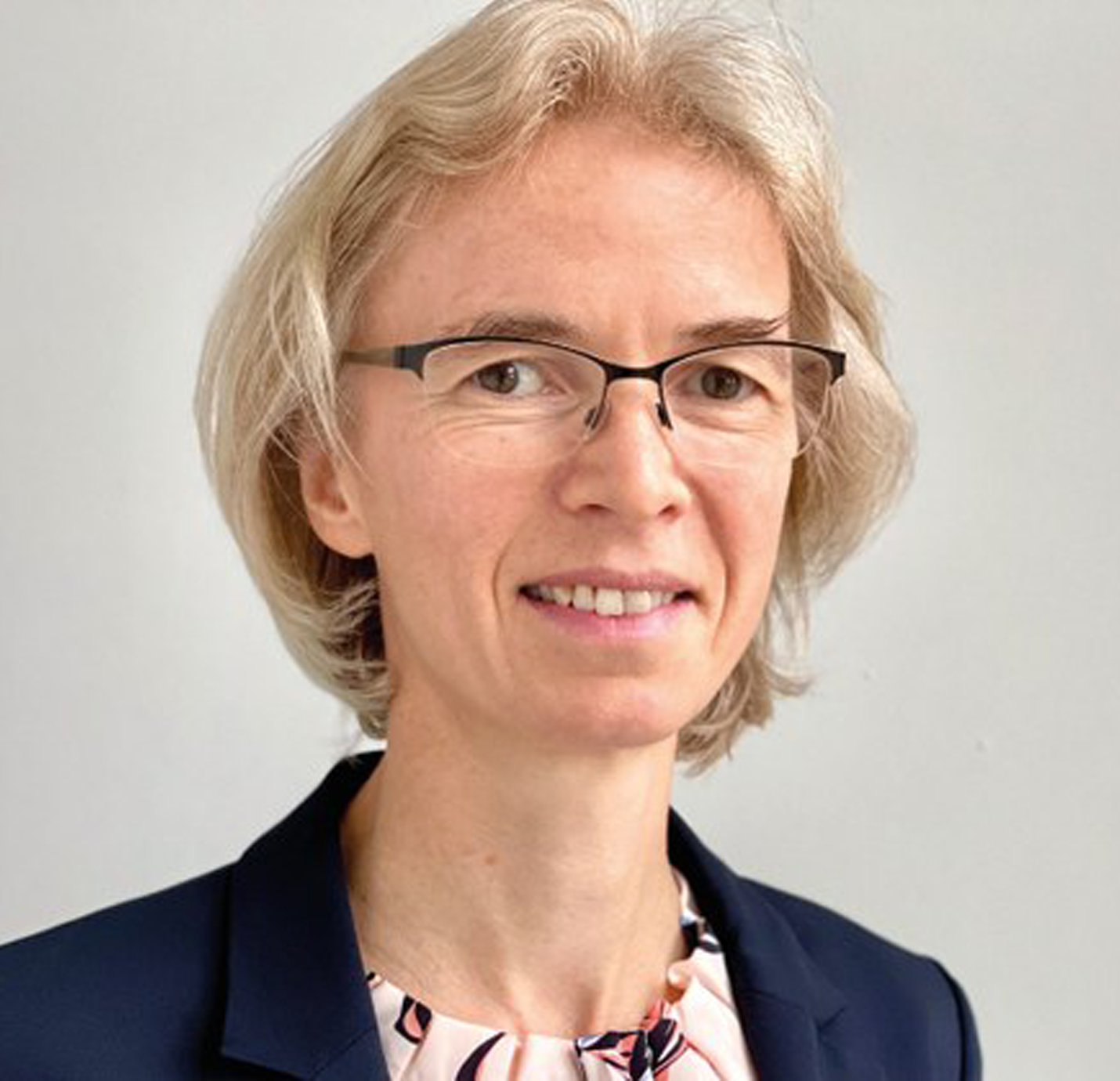
Regine Gerike
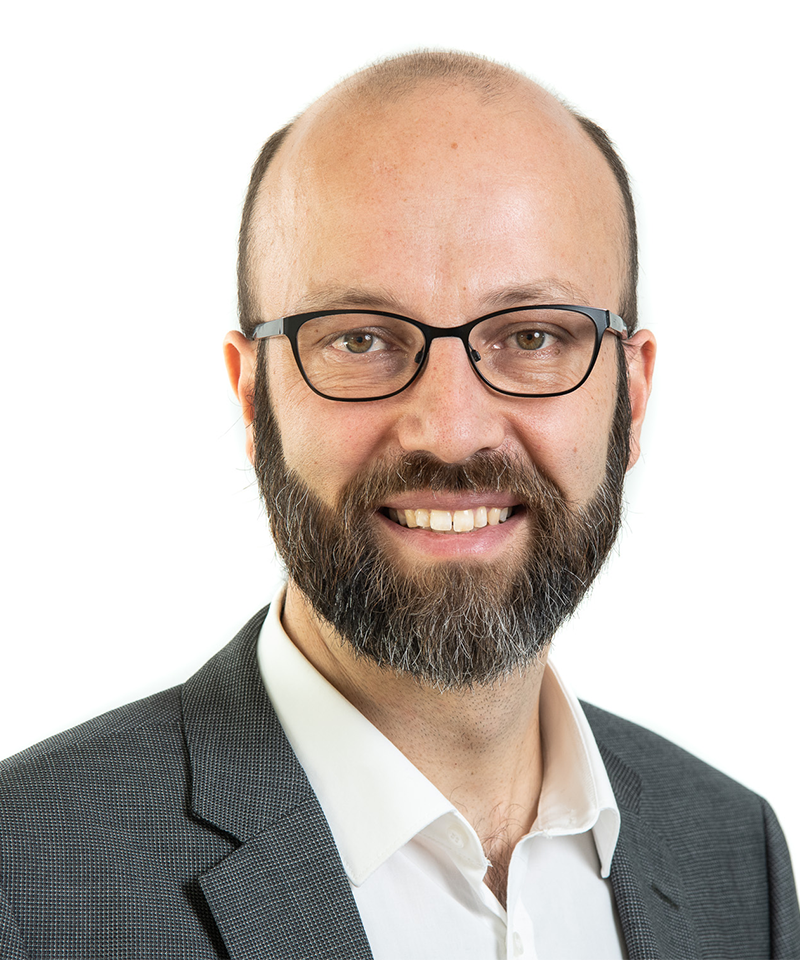
Sven Engesser
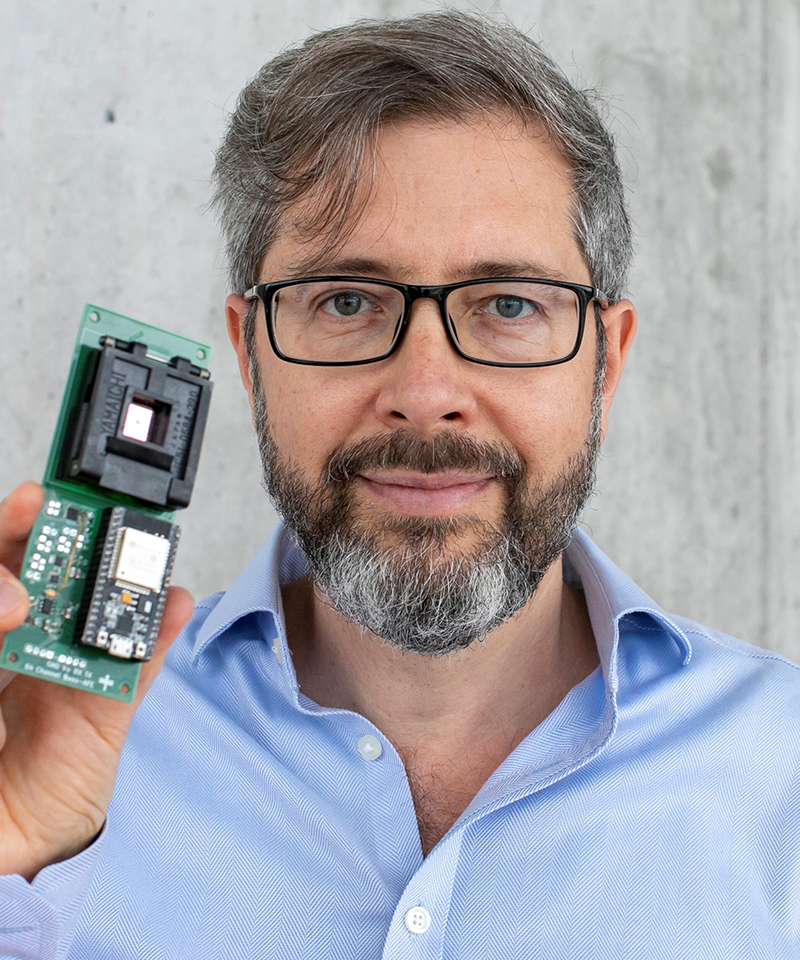
Gianaurelio Cuniberti
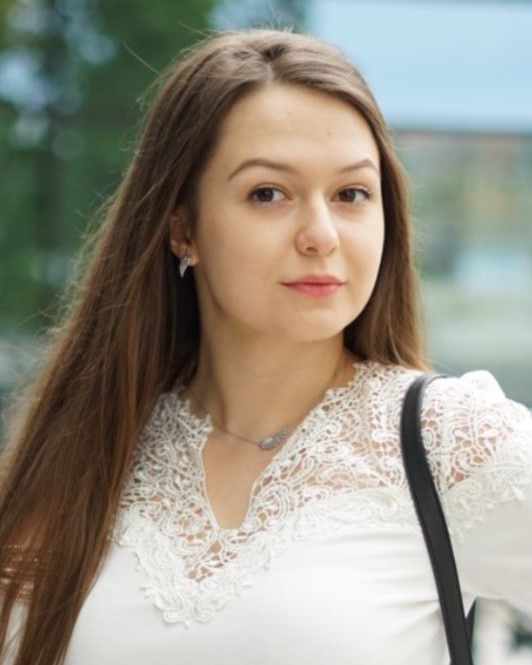
Alina Galkova



